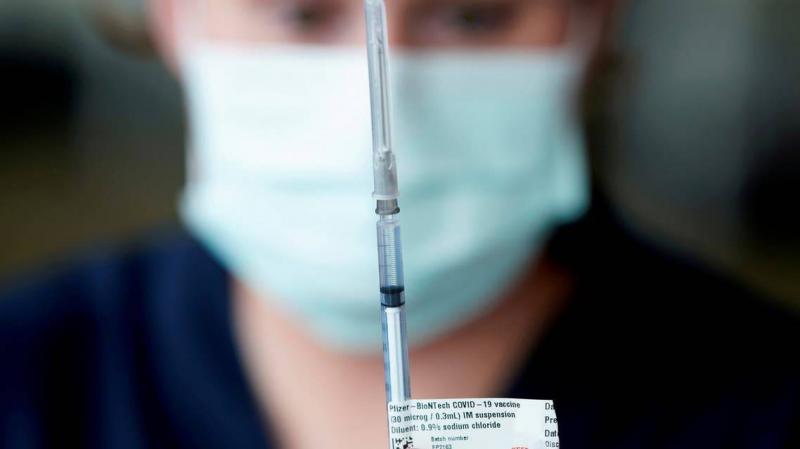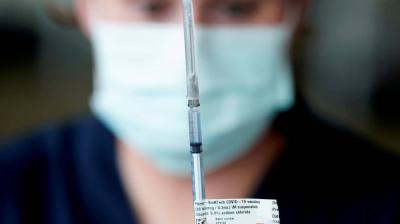Pfizer announced that data from the United States and Israel indicate that the effectiveness of the COVID-19 vaccine diminishes over time, and that booster doses are safe and effective in preventing the virus and new variants. The company detailed the data in a presentation it will give to an external advisory committee of the Food and Drug Administration (FDA) on Friday. The committee is expected to make recommendations on whether more Americans should receive booster doses.
Pfizer explained in its presentation, published on the FDA's website: "Real-world data from Israel and the United States suggest that breakthrough infection rates are rising more rapidly among individuals vaccinated earlier." Pfizer researchers stated in the presentation that the decline in effectiveness "is primarily due to waning immune responses to the vaccine over time," rather than the Delta variant.
According to the agenda of the meeting published by the FDA on its website, Friday's session will include presentations from the Centers for Disease Control and Prevention (CDC), FDA personnel, and researchers from Israel and the United Kingdom, along with representatives from Pfizer. Marion Gruber, one of the two senior vaccine officials who the FDA recently announced would step down later this year, is also scheduled to speak. Gruber co-authored a paper in The Lancet earlier this week arguing that booster doses are not yet necessary for most people. The departure of two agency officials indicates a possible clash regarding the Biden administration's booster strategy.
Israeli officials will present data on booster protection against infection and severe disease, according to the agenda, and a medical statistics professor from the University of Bristol will provide real-world vaccine efficacy data. The FDA staff also published their report for the committee's review on Wednesday, summarizing much of the same data presented by Pfizer earlier.
Similar to Pfizer, the task force found that booster doses of the Pfizer vaccine are safe and increase antibody levels. However, the team noted that it did not independently review or verify the underlying data or conclusions from certain relevant studies, such as the Israeli study that will be summarized at Friday's meeting. The 23-page briefing document from the task force noted that the potential benefit of the booster dose would depend on how significantly the third dose reduces disease compared to the first two doses.
Unpublished Data
While its vaccine continues to provide strong protection against hospitalization and severe disease in the United States, Pfizer stated in its report that data from Israel and elsewhere suggest that a drop in effectiveness against infection could be followed by a decrease in effectiveness against severe disease, particularly among the elderly and vulnerable populations. Early unpublished data from Israel's Health Maintenance Organization suggest that a third booster dose is highly effective in areas where the Delta variant predominates, according to Pfizer's document. Pfizer stated that administering a third dose to individuals over 60 years old was associated with 86% effectiveness against testing positive for COVID-19 starting at least one week after the booster.
Pfizer also detailed immune response results from a final-phase trial of the booster doses in over 300 individuals, indicating that a third dose boosted antibody levels in the blood. One month after the third dose, protective antibody levels were more than three times higher than they were one month after the second shot.
No unforeseen new side effects associated with boosters were identified in the safety data from the final-phase study, according to Pfizer's report, as the company stated that considering a booster dose six months after the second vaccine dose is warranted based on the similarities between the outbreaks in Israel and the United States.




